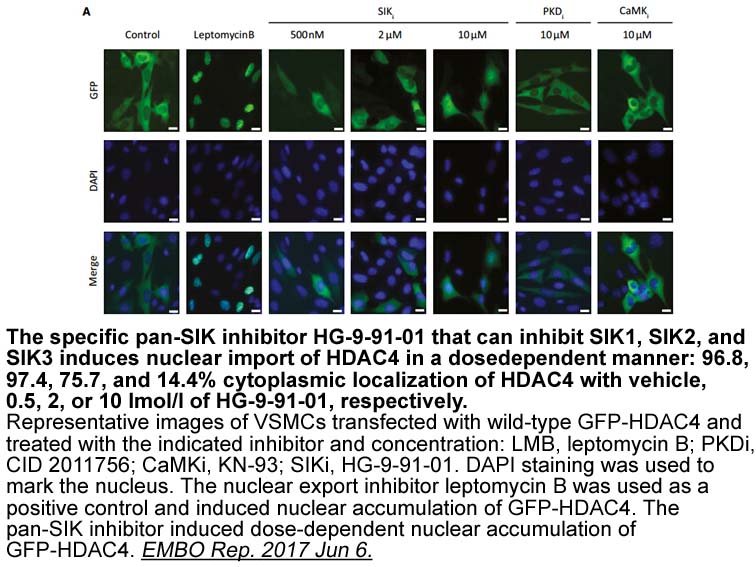Archives
While we wait for such changes there is much to
While we wait for such changes, there is much to be done to advance this nascent field. Firstly, there is a clear need to now refine, replicate and scale-up dietary interventions aimed at both preventing and treating common mental disorders (Sanchez-Villegas et al., 2013; O\'Neil et al., 2013). The use of technology and the internet is one feasible way in which scaling up could be achieved. Given that emerging evidence suggests highly individualized responses to food intake, further research should utilise new sources of data and statistical methodologies for developing predictive algorithms and individualized dietary recommendations (Zeevi et al., 2015). Moreover, given the role of prenatal and early life nutrition in influencing physical and mental health outcomes in children, public health strategies for improving nutrition during pregnancy should also be developed, implemented and evaluated (O\'Neil et al., 2014b; Jacka and Berk, 2014).
Another key imperative is to home in on the biological pathways that mediate the diet-mental health link. Previous discussions have centered on inflammatory (Berk et al., 2013) and oxidative stress (Moylan et al., 2014) pathways, as well as Tasquinimod plasticity (Jacka et al., 2015b) and the new evidence regarding intestinal permeability (Maes et al., 2012) and the gut microbiota (Dash et al., 2015; Sandhu et al., 2017). In particular, the gut-brain axis is an increasing focus of attention, given the recent understanding regarding the importance of the gut microbiota in influencing brain and behaviour (Cryan and Dinan, 2012) and the recognition that diet is a key modulator of gut microbiota and gut health. Indeed, recent animal work suggests that more than half of the variance in gut microbiota can be accounted for by dietary changes (Zhang et al., 2010), while both short and long term diets have a profound influence on the microbial profiles of humans (Wu et al., 2011). The consumption of complex carbohydrates, plant-based foods/fruits and vegetables (Wu et al., 2011; Albenberg and Wu, 2014) positively influence microbial composition, synthesis of anti-inflammatory metabolites, and host health, while high fat diets (HFD) in animals appear to trigger microbial dysbiosis, intestinal permeability (‘leaky gut’) and inflammation (Kim et al., 2012), with behavioural disruptions that are independent of obesity (Bruce-Keller et al., 2015). Emerging evidence, although preliminary (Allen et al., 2016; Tillisch et al., 2013; Akkasheh et al., 2016), also supports the investigation of probiotics – termed ‘psychobiotics’ (Dinan et al., 2013) – as psychotropic medications, while fermented foods (Kim et al., 2016) may also be a useful dietary strategy for mental and brain health. Equally important to consider is the emerging evidence regarding the noxious impact of components of ‘junk’ and processed foods, including dietary emulsifiers (Chassaing et al., 2015), artificial sweeteners (Suez et al., 2014) and high-fat, refined-sugar diets (e.g. Molteni et al., 2002; Morrison et al., 2010; Zainuddin and Thuret, 2012) on gut and brain health.
Another imperative is to move beyond a focus on common mental disorders to investigate diet, as well as diet-related factors including food allergy and gut health, as modifiable risk factors in the serious spectrum of mental illnesses. For example, there are tantalising data from animal models pointing to the potential for the ketogenic diet in animal models of psychosis (Kraeuter et al., 2015) and this could be evaluated as a possible intervention in humans. Similarly, gastrointestinal barrier dysfunction, food sensitivities, inflammation, and the metabolic syndrome are commonly seen in schizophrenia and this warrants research investigating the possible role of such factors in the genesis and progression of psychotic illnesses, and the potential of dietary interventions addressing immune dysfunction, food sensitivities and gut health in those with psychosis. There are data to suggest that targeting inflammation using nutraceutical approaches can prevent emerging psychotic illnesses (Amminger et al., 2010); however, a recent replication study failed to confirm these findings, pointing to both the imperative to replicate early studies and  to some of the methodological challenges involved in doing so (McGorry et al., 2017).
to some of the methodological challenges involved in doing so (McGorry et al., 2017).